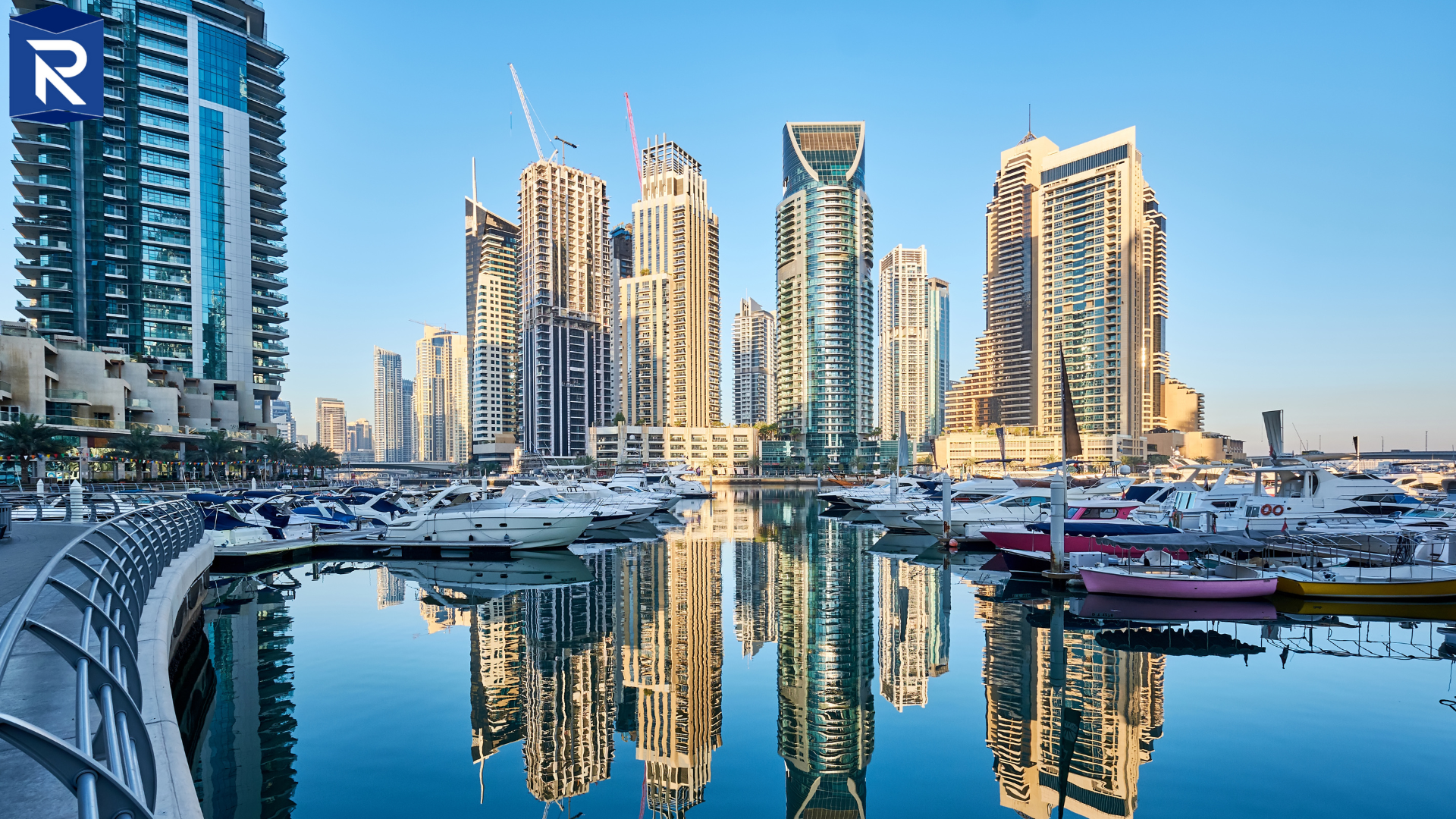Publisher: Nando ario febriyansah
Visitor: 519

The Economic Success of the United Arab Emirates: Exploring its Rapid Growth
- Category: Economy
- Date 09-07-2023
The Economic Success of the United Arab Emirates: Exploring its Rapid Growth
Introduction: The United Arab Emirates (UAE) has experienced remarkable economic growth and development over the past few decades. This Middle Eastern nation, known for its stunning skyline, luxurious lifestyle, and vibrant cities like Dubai and Abu Dhabi, has emerged as a global economic powerhouse. In this article, we will delve into the factors that have contributed to the UAE's rapid economic growth and explore the key drivers behind its success.
-
Strategic Geographic Location: One of the crucial factors behind the UAE's economic success is its strategic geographic location. Situated at the crossroads of Europe, Asia, and Africa, the UAE serves as a vital hub for international trade and commerce. Its proximity to major global markets has attracted multinational corporations and facilitated the efficient movement of goods, capital, and human resources.
-
Diversification Efforts: The UAE has undertaken significant efforts to diversify its economy beyond oil and gas, which has traditionally been the backbone of its economy. Recognizing the finite nature of these resources and the need for long-term sustainability, the UAE government has focused on developing non-oil sectors such as tourism, finance, real estate, logistics, and renewable energy. This diversification strategy has reduced the country's dependence on oil revenues and created a more resilient and balanced economy.
-
Infrastructure Development: To support its ambitious growth plans, the UAE has invested heavily in developing world-class infrastructure. Iconic projects like the Burj Khalifa, Palm Jumeirah, and state-of-the-art airports have not only transformed the UAE's skyline but also positioned it as a global business and tourism destination. The well-connected transportation networks, modern seaports, advanced telecommunications, and efficient logistics infrastructure have contributed to the ease of doing business and attracted foreign investment.
-
Pro-Business Policies: The UAE has implemented investor-friendly policies and regulations to encourage both domestic and foreign investments. The government has established free zones and economic clusters that offer tax incentives, 100% foreign ownership, streamlined bureaucratic procedures, and enhanced business-friendly regulations. These measures have created a conducive environment for entrepreneurship, innovation, and business growth.
-
Focus on Education and Human Capital Development: Recognizing the importance of a skilled workforce in driving economic growth, the UAE has prioritized investments in education and human capital development. The government has established world-class universities, research centers, and vocational training institutes to nurture a knowledgeable workforce capable of meeting the demands of a rapidly evolving global economy. Emphasis on science, technology, engineering, and mathematics (STEM) education has further fueled innovation and entrepreneurship.
-
Stable Political Environment: The UAE enjoys a stable political environment, which has been instrumental in attracting foreign investments and fostering economic growth. The country's leadership has provided a clear vision, effective governance, and long-term stability, ensuring a favorable business climate and investor confidence. The government's commitment to economic diversification and sustainable development has garnered international recognition and increased the UAE's competitiveness on the global stage.
Conclusion: The United Arab Emirates has achieved remarkable economic success through a combination of strategic location, diversification efforts, infrastructure development, pro-business policies, investment in education, and a stable political environment. The rapid growth of the UAE's economy serves as an inspiration and a testament to the country's visionary leadership and forward-thinking policies. As the UAE continues to evolve and adapt to global economic trends, it is well-positioned to maintain its status as a prominent player in the global economy and a beacon of prosperity in the Middle East.
References:
-
International Monetary Fund. (2021). United Arab Emirates: 2021 Article IV Consultation-Press Release; Staff Report; and Statement by the Executive Director for the United Arab Emirates. Retrieved from https://www.imf.org/en/Publications/CR/Issues/2021/07/01/United-Arab-Emirates-2021-Article-IV-Consultation-Press-Release-Staff-Report-and-Statement-50521
-
UAE Ministry of Economy. (2021). UAE Economic Outlook 2021-2022. Retrieved from https://www.economy.gov.ae/English/ReportsAndStudies/UAE%20Economic%20Outlook%202021-2022.pdf
-
World Bank. (2021). United Arab Emirates. Retrieved from https://data.worldbank.org/country/united-arab-emirates
-
Dubai Economy. (2021). Doing Business in Dubai. Retrieved from https://dubaieconomy.gov.ae/en/doing-business-in-dubai/
-
UAE Government Portal. (2021). UAE Vision 2021. Retrieved from https://u.ae/en/about-the-uae/strategies-initiatives-and-awards/federal-governments-strategies-and-plans/uae-vision-2021
-
Khambata, D., & Al-Nuaimi, A. (2019). Economic Diversification in the United Arab Emirates: Opportunities and Challenges. Oxford Business Group. Retrieved from https://oxfordbusinessgroup.com/overview/future-proofing-diversification-economic-vision-2021-moves-forward-plan
-
The National. (2021). UAE's Commitment to Education Gives It an Edge. Retrieved from https://www.thenationalnews.com/uae/education/uae-s-commitment-to-education-gives-it-an-edge-1.1049297
-
United Arab Emirates Embassy in Washington, D.C. (2021). UAE Economy: Diversification and Development. Retrieved from https://www.uae-embassy.org/about-uae/uae-economy-diversification-and-development
